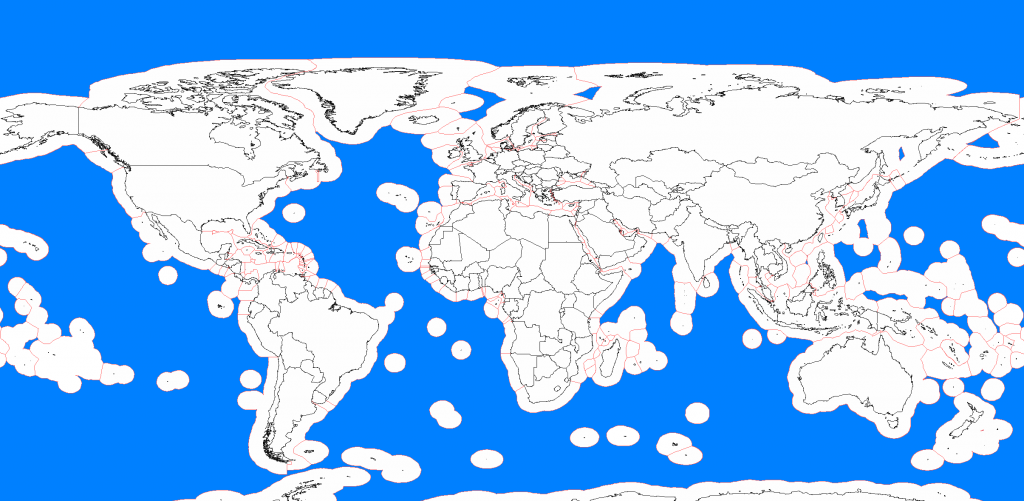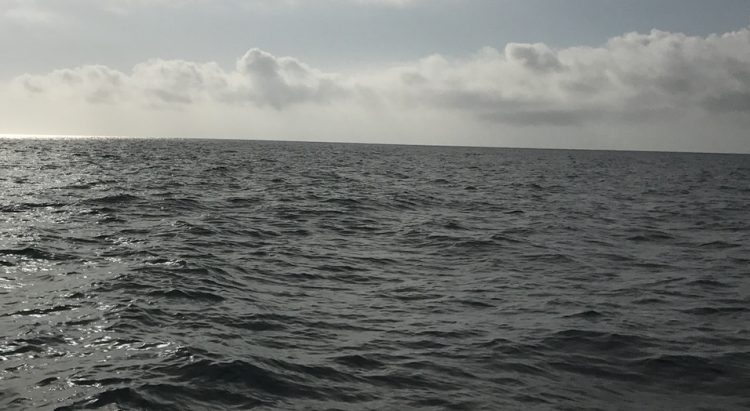Environment
Short Takes
Georgia’s new data center rule increases local controlDecember 1, 2025

By David Pendered
June 4 – The United Nations remains on track to formally adopt this month an historic treaty to protect oceans around the world.
The treaty represents the UN’s first-ever attempt to establish an international agreement to safeguard biodiversity in the high seas, the term for the unregulated sections of the world’s oceans that exist beyond nations’ economic exclusion zones, which begin at 200 miles offshore, and thus the control of any one government.

If approved as expected by the UN at a meeting June 19-20, the measure moves to member countries for consideration. Sixty member countries must ratify the document for it to take effect. In the United States, the Senate is the body that is to consider ratification.
The UN has been discussing a high seas treaty for nearly 15 years. The current round of talks date to 2015, according to the UN’s March 4 resolution setting the dates of the treaty deliberation.
The treaty’s purpose is to provide a legal framework to protect biodiversity in the vast expanses of the world’s oceans that are beyond the control of any one government.
One example of an area that could benefit from such protections is the migratory route of whales in the Pacific Ocean. The pathway was documented in an effort led by the Swiss-based World Wildlife Fund for Nature in the 2022 report, Blue Corridors of the Eastern Pacific Ocean.
The Pew Charitable Trusts, a Washington-based non-profit NGO that favors the UN proposal, contends the treaty aims to address:
The UN’s draft decision describes the treaty as establishing a legal framework for the:
More than 190 countries reached agreement on the treaty March 4. Not all countries appear to be in full agreement with terms, but the measure gained approval. As the UN noted in a statement issued at the start of the international conference, “some delegations expressed concern that discussions have gone beyond the Conference’s scope or are not adequately addressing the needs of geographically and economically vulnerable groups of countries.” Another issue was to stipulate use of “humankind” rather than “mankind.”
In the United States, the measure arrives as the nation remains polarized over matters related to environmental regulation and climate change.
The Biden administration has fully endorsed the high seas treaty. After the UN ratified the proposal, Monica Medina, assistant secretary of state for oceans and international environmental and scientific affairs at the U.S. State Department, sent two tweets:
The U.S. Supreme Court, meanwhile, has issued rulings that that have curbed EPA rules related to power plant emissions and wetlands regulations. The court reduced the EPA’s rule-making authority in the 2022 ruling in West Virginia v. EPA and also in May in Sackett v. EPA.

0